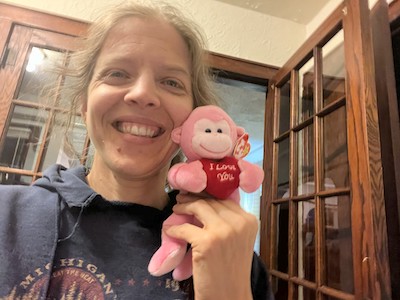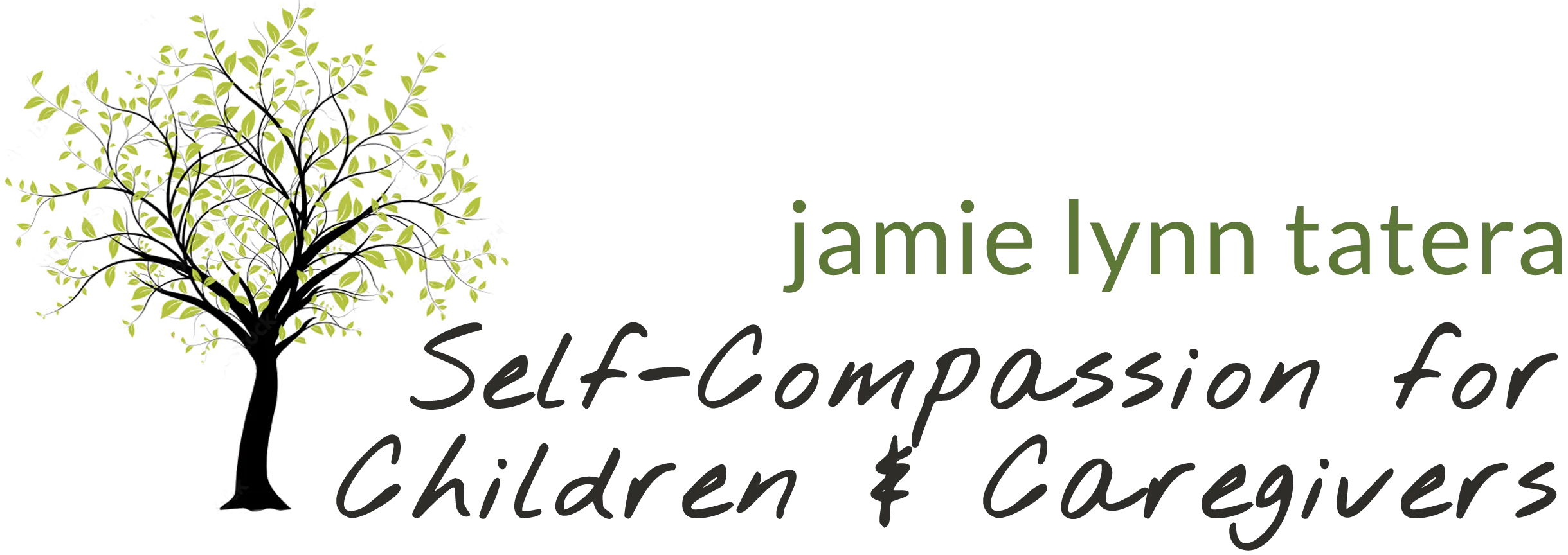A Silly Video and some Solid Strategies

Hello Friends!
Has anyone felt an acute need for coping strategies recently? Me, too! Today I’ll share some tools I’ve been using to get through, as well as how you can help kids grow these same skills. We’ll start with the silly kid stuff, and you can scroll down if you’d like to hear my personal stuff.
Silly Stuff for Kids – Koala is sitting on MY bench
A handful of kids from “the Kids Team” helped me create some playful videos about the animals from the book. In this 1-minute video, Beaver is stressed out because a koala is sitting on “his” bench (do your kids ever say stuff like this!?). Go ahead and press play. It’s really good!
Note: If you are interested in buying stuffed animals featured in this video and the workbook for kids, I’ve created a webpage with stuffie links here.
As Spots (the mindfulness giraffe) suggests in the video:
“Instead of suppressing and obsessing, just take a look around.”
I know, it’s easier said than done. But truthfully, mindfulness is such an awesome resource for adults and kids. Last week when I had a lot of big feelings, I had to rely on mindfulness a lot: mindfulness of my feelings, mindfulness of my thoughts, and mindfulness of the fact that I needed NOT to focus on my feelings and thoughts too much. More about my personal journey below.
My Personal Coping Strategies
This was an email I sent to a friend last week Friday:
My feelings are so big. I have been observing my own thoughts, and they are not reflective of my normal ideas (I have extreme thoughts about cutting ties with people and institutions). I’ve told myself that I can entertain the value of any of these thoughts in a couple of weeks. I’m just practicing mindful awareness (observing thoughts), and reminding myself that my thoughts are not reliable right now because my feelings are too big. Periodically I focus on my feelings (while walking in nature or talking with friends), and then I spend a lot of time refocusing my attention because the feelings can be overwhelming (feeling more doesn’t equal self-compassion).
Last week, I processed my feelings in little (and sometimes big) bursts. I have processed shock, anger, and devastation. In between processing emotions, I tried to notice my five senses, and I also spent a fair amount of time focusing on other things (like my work!). Since then, my emotions have temporarily leveled out. I know I will have lots more processing to do in January, as will many of us.
Mindfulness and self-compassion are tools that we need now and will continue to need going forward. And they are tools that children—especially marginalized children—need now more than ever.
Upcoming ClassesThe Mindful Self-Compassion for Teens Course starts next week, November 19th!
- Learn about or register for Mindful Self-Compassion for Teens here.
If you’d like to learn more about Parent-Child Mindfulness and Self-Compassion, you can attend my upcoming free intro session. At the end of the intro session, I’ll share about how you could become a Mindfulness and Self-Compassion for Children and Caregivers (MSC-CC) teacher (optional part of intro session at the end).
- Register for a free Mindfulness and Self-Compassion for Children and Caregivers (MSC-CC) intro session below.
And in January, I’ll be teaching an adult Mindful Self-Compassion Course, a Resilience Habits for Parents Course, a Parent-Child Mindfulness and Self-Compassion class, and even an in-person Self-Compassion for Shame course.
I am more committed than ever to helping spread mindfulness and self-compassion to youth, adults and families.
With love,
Jamie Lynn
P.S. Here’s a picture of a little stuffie that one of my Mindful Self-Compassion students sent me. I feel so loved! 😍

© 2024 Jamie Lynn Tatera | All Rights Reserved
